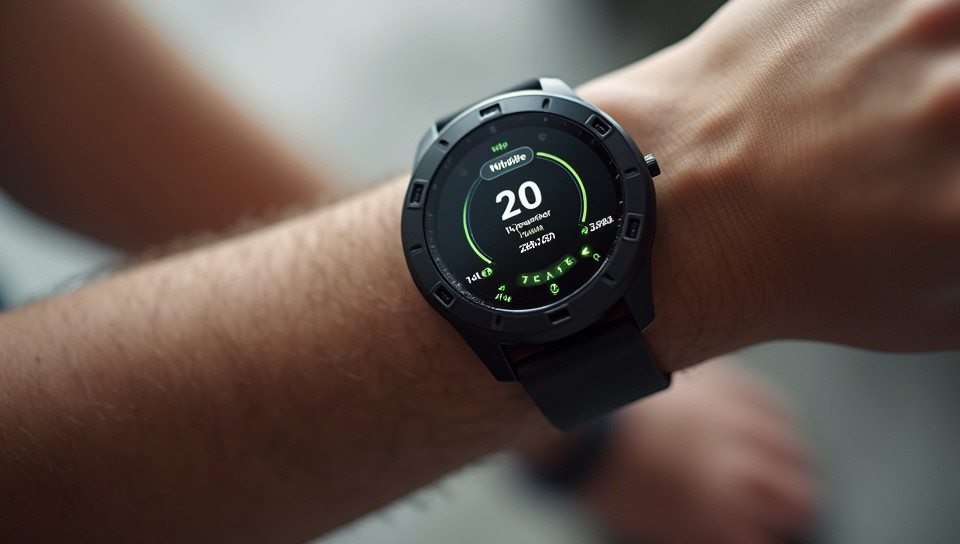Many users rely on fitness trackers for motivation 91%

The Power of Wearable Technology: How Fitness Trackers Motivate Users
As we strive to live healthier, more active lifestyles, many of us have turned to wearable technology as a tool for motivation and accountability. Whether you're a seasoned athlete or just starting out on your fitness journey, the data-driven insights provided by fitness trackers can be a game-changer.
The Benefits of Fitness Trackers
Fitness trackers offer a range of benefits that make them an attractive choice for those looking to boost their motivation and reach their health goals. Here are some key advantages:
- Encourage physical activity: By tracking your daily steps, distance traveled, and calories burned, fitness trackers provide a clear picture of your progress and encourage you to move more.
- Monitor heart rate and sleep patterns: Many modern fitness trackers also track your heart rate and sleep patterns, allowing you to gain valuable insights into your overall health and well-being.
- Set and achieve goals: Fitness trackers often come with goal-setting features that allow you to set targets for physical activity, weight loss, or other health metrics.
The Psychology of Motivation
So why do fitness trackers have such a profound impact on our motivation? Research suggests that the key lies in their ability to provide instant feedback and rewards. By tracking your progress in real-time, you're able to see how far you've come and what still needs to be done – this can be incredibly motivating.
The Future of Fitness Trackers
As wearable technology continues to evolve, we can expect even more sophisticated fitness trackers that integrate with other health metrics, such as nutrition and stress levels. This will provide users with a comprehensive picture of their overall health and well-being, allowing them to make informed decisions about their lifestyle choices.
Conclusion
In conclusion, the impact of fitness trackers on our motivation cannot be overstated. By providing instant feedback, rewards, and insights into our progress, these devices empower us to take control of our health and reach our goals. Whether you're a seasoned athlete or just starting out, incorporating a fitness tracker into your daily routine can be a powerful tool for success – so why not give it a try?
- Created by: William Rogers
- Created at: Aug. 24, 2024, 11:31 p.m.
- ID: 8264

